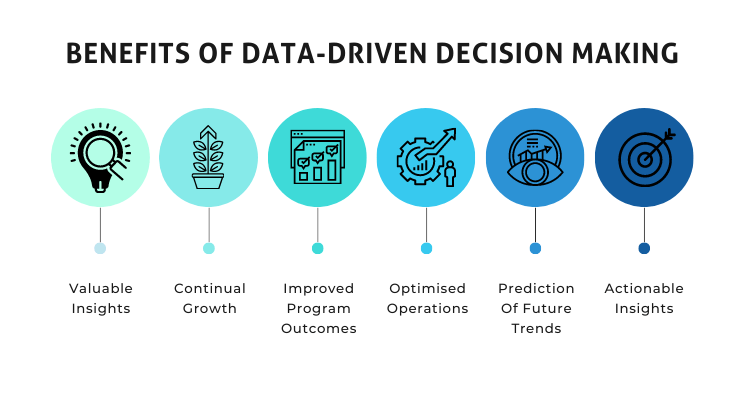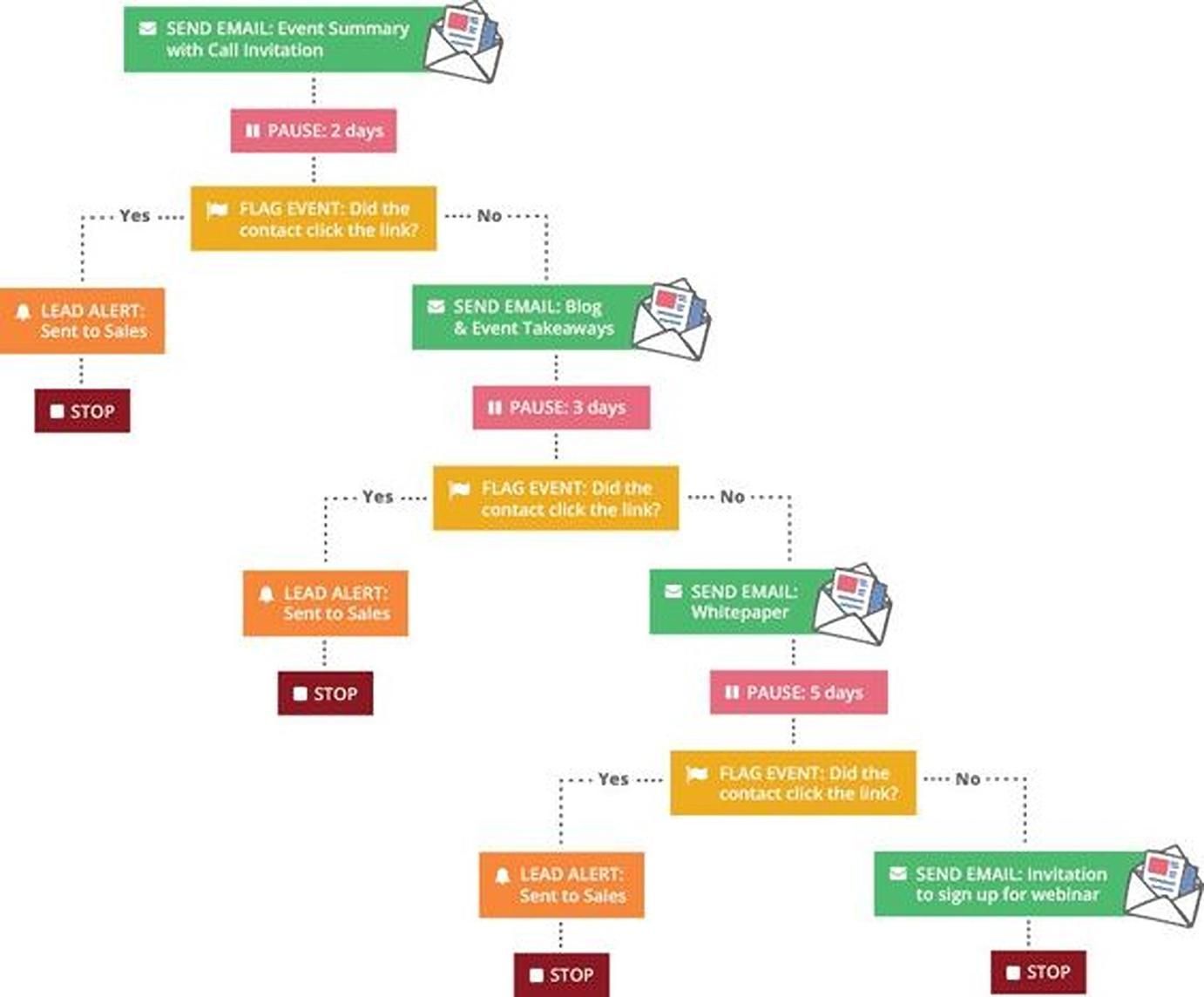
The Importance of Data-Driven Decision Making in Marketing
- 0
In today’s digital age, data is king. With the advancements in technology, businesses are able to collect and analyze vast amounts of data to make informed decisions. This is especially true in the field of marketing, where data-driven decision making has become crucial for success.
What is Data-Driven Decision Making?
Data-driven decision making is the process of using data to make informed decisions. This involves collecting, analyzing, and interpreting data to gain insights that can guide marketing strategies and campaigns. By relying on data rather than intuition or gut feelings, businesses can make more targeted and effective marketing decisions.
The Benefits of Data-Driven Decision Making in Marketing
There are numerous benefits to incorporating data-driven decision making into your marketing strategy. Here are a few key advantages:
1. Improved Targeting
By analyzing customer data, businesses can better understand their target audience and tailor their marketing efforts to reach them more effectively. This can lead to higher conversion rates and a more efficient use of marketing resources.
2. Increased ROI
Data-driven marketing allows businesses to track the performance of their campaigns in real-time and make adjustments as needed. By measuring the impact of their marketing efforts, businesses can optimize their strategies to maximize return on investment.
3. Personalized Marketing
Data-driven decision making enables businesses to create personalized marketing campaigns that resonate with individual customers. By analyzing customer behavior and preferences, businesses can deliver targeted messages that are more likely to convert.
How to Implement Data-Driven Decision Making in Marketing
Implementing data-driven decision making in marketing requires a strategic approach. Here are a few steps to help you get started:
1. Define Your Goals
Clearly define your marketing goals and objectives. What are you trying to achieve with your marketing campaigns? By setting specific, measurable goals, you can better track your progress and determine the success of your efforts.
2. Collect Relevant Data
Identify the data sources that are most relevant to your marketing objectives. This may include customer demographics, website analytics, social media engagement, and sales data. Collecting diverse data sets will provide a more comprehensive view of your target audience and their behavior.
3. Analyze and Interpret Data
Use data analysis tools to interpret the data and extract meaningful insights. Look for patterns, trends, and correlations that can inform your marketing strategy. By understanding the data, you can make informed decisions that drive results.
4. Test and Iterate
Implement your data-driven marketing strategies and monitor their performance. Test different approaches and measure the results to determine what works best for your target audience. Continuously iterate and refine your strategies based on the data to optimize your marketing efforts.
Conclusion
In conclusion, data-driven decision making is essential for success in modern marketing. By harnessing the power of data, businesses can better understand their customers, target their marketing efforts, and achieve higher ROI. By implementing a strategic approach to data-driven marketing, businesses can stay ahead of the competition and drive results in today’s digital landscape.

